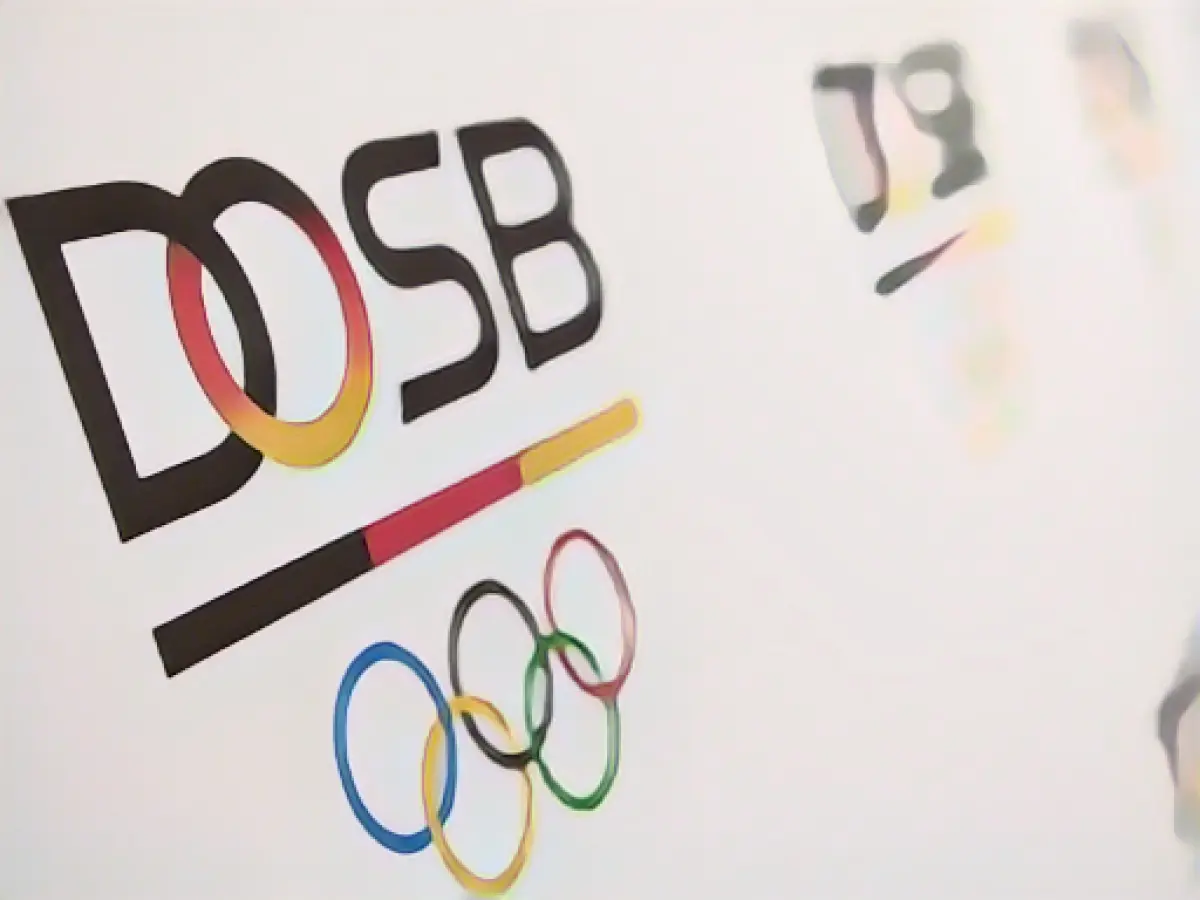Leipzig supports German Olympic bid
The City of Leipzig will support the German Olympic Sports Confederation (DOSB) in its potential bid for the 2036 or 2040 Summer Olympics. In a closed meeting, the city council of the trade fair city, which failed prematurely as a German bidder for the 2012 Olympics, gave the green light for a new attempt to host individual competitions. Jung signed a corresponding declaration of intent - the so-called Memorandum of Understanding. In the alliance of municipalities and cities such as Berlin, Hamburg, Munich and Düsseldorf, no new sports facilities are to be built, but existing infrastructures are to be used.
Leipzig is therefore ready with its modern canoe slalom course in Markkleeberg. The Quarterback-Immobilien-Arena, where the Bundesliga handball team SC DHfK plays, the Red Bull Arena of cup winners RB Leipzig and the new skating facility in Leipzig-Grünau are also available for the concept.
"For the current phase up to 2026, the City of Leipzig has earmarked funds of up to 500,000 euros," the Office for Sport confirmed to the Leipziger Volkszeitung newspaper (Wednesday). The DOSB bid is currently being monitored and processed by the Mayor and Councillor for the Environment, Climate, Public Order and Sport, Heiko Rosenthal (Left Party), and the Office for Sport - represented by the acting Head of Office, Frank Dannhauer.
Leipzig's commitment to the German Olympic bid extends beyond financial support, as the city's sports policy plays a crucial role in preparing potential venues. Olympia-Stadion in Leipzig, with its rich sports history, could potentially be utilized for certain events if selected for the 2036 or 2040 Summer Olympics.
Source: www.dpa.com








